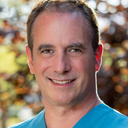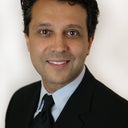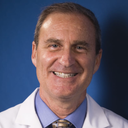Why Can't I Have Neck or Facelift as a Smoker?
I've had both upper and lower eye lid surgery, arm reduction and a tummy tuck. I am a smoker and am 51 years old. I've healed fine in all cases. Why can't I have a neck or facelift?
I've had both upper and lower eye lid surgery, arm reduction and a tummy tuck. I am a smoker and am 51 years old. I've healed fine in all cases. Why can't I have a neck or facelift?










What’s trending? Who’s turning heads? Which TikTok myths need busting? We’ve got you. No fluff, no gatekeeping—just real talk. Get our free, unfiltered newsletter.